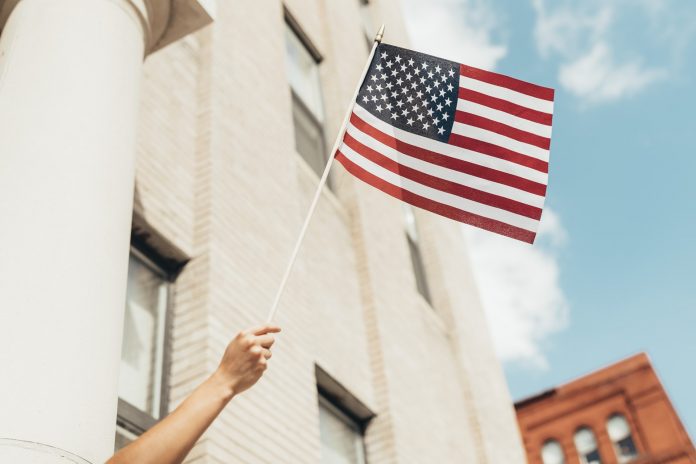President Donald Trump recently signed a $2 trillion stimulus package intended to preserve the American economy while offering financial assistance to the American people during the coronavirus public health crisis. But, many small businesses are wondering if they qualify for aid, and when and how they can access the critical financial support they need.
The financial support included in the third phase of the stimulus package is historic. For the first time, the program allows both the self-employed and gig-economy workers who have been impacted and/or displaced due to COVID-19 to apply for benefits and support. This is a huge win for our community.
According to Everlance, the explosion of gig economy workers — such as driver’s for Uber and Lyft — is part of a growing self-employed demographic, which now represents 33 percent of the economy. It shows that by this year, nearly 27 million workers will have left their full-time jobs to start businesses, bringing the number of self-employed entrepreneurs in the U.S. to 42 million.
This comes shortly after the Administration extended both the tax return filing deadline and any tax payments by 90 days to July 15, 2020. This is a sigh of relief for the small business community, many who may not be able to make the traditional April 15th deadline. Not only can the self-employed and gig-economy workers file for unemployment benefits, but they can apply for interest-free loans through the Small Business Administration to help keep their businesses afloat, make payroll, and pay rent.
Also, based on either your 2019 or 2018 tax return, the American worker can also expect rebate payments issued to every American up to $1,200 for individuals and $2,400 for married couples, with potentially $500 per child, depending on income levels ranging up to $75,000 for individuals and up to $150,000 for couples. For those making above these amounts, the payment is phased out on incomes over $99,000 and $198,000, respectively.
The U.S. Department of Treasury released information on the Paycheck Protection Program, which may help those who are impacted by COVID-19 and need financial assistance. The information outlines guidance for borrowers and lenders, while including an application for those interested in applying for a loan. Our suggestion is to please take the time to carefully read the materials and where necessary consult with the applicable legal and financial advisors.
Some key deadlines for all small business owners, whether you’re a business with 10 employees, self-employed, or a member of the gig-economy:
- April 3, 2020: Small business with employees can apply for loans to cover their payroll and other certain expenses through existing SBA lenders.
- April 10, 2020: independent contractors and self-employed individuals can apply for loans to cover their payroll and other certain expenses through existing SBA lenders.
- Late April/Early May 2020: rebate checks are issued to those who qualify.
Congress is working on many items available to support our community from the Earned Income Tax Credit to caregiving assistance and disaster relief. We continue to work with our elected leaders to ensure America’s small business community is not forgotten and is supported during this critical time. Check out this map of essential businesses to learn about how they vary by state so you can assess how the crisis will affect your operations.
The NASE has created and will continue to update its COVID-19 resource page for small business owners to bookmark as a resource throughout for additional assistance during this crisis. There is a lot of information for small employers, including details on federal resources, legislation, loan assistance and local, state and municipal resources.
As the engine of America’s economy, we will continue to advocate on your behalf to ensure your business thrives along Main Street.
Find a Home-Based Business to Start-Up >>> Hundreds of Business Listings.














































